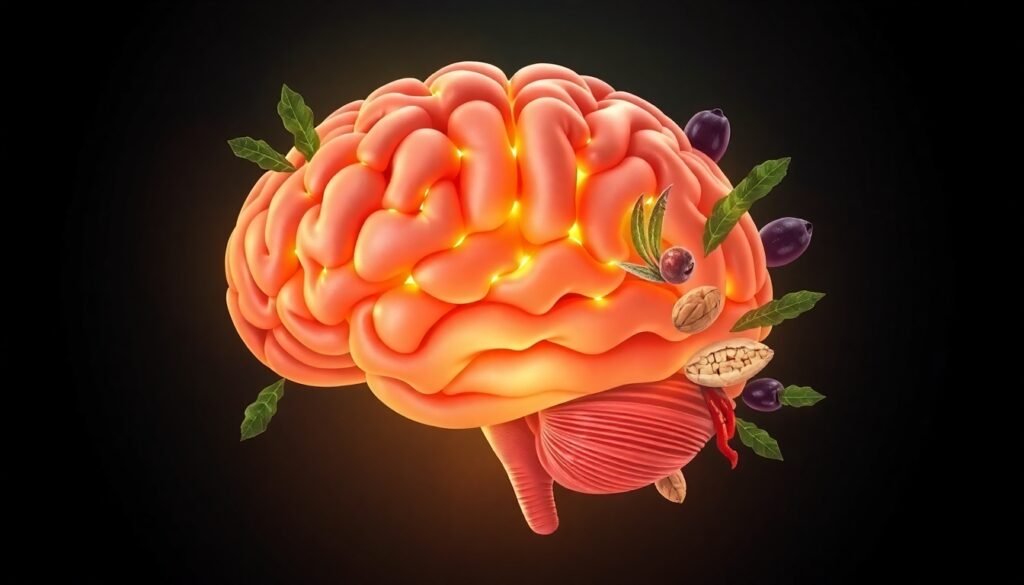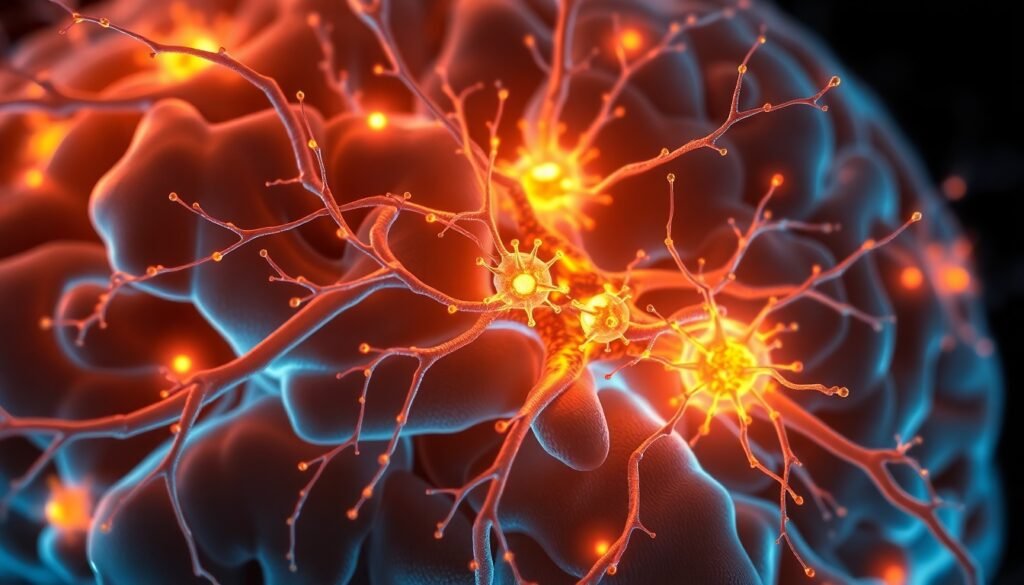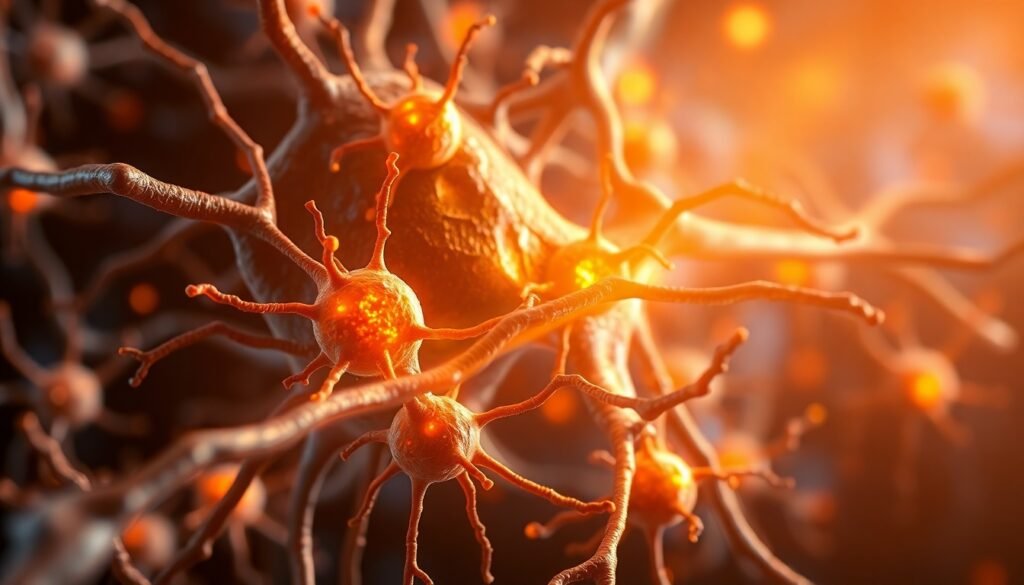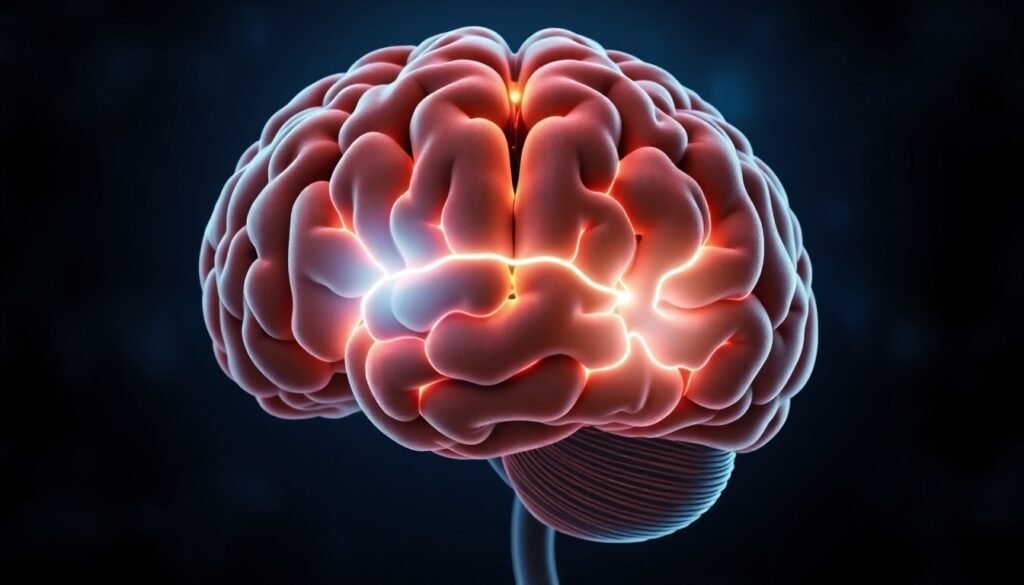Even for those with the highest genetic risk for Alzheimer’s disease, a simple, healthy eating pattern shows remarkable promise in protecting memory and cognitive health.
Are we destined to follow a path laid out by our genes, or can our choices carve out a different future? This question of nature versus nurture is especially poignant when it comes to devastating conditions like Alzheimer’s disease. For many, a family history or a known genetic predisposition can feel like an unchangeable verdict. But what if one of the most powerful tools to rewrite that destiny was sitting on our dinner plate? A groundbreaking new study suggests just that, finding that a Mediterranean-style diet may significantly shield the brain from dementia, offering the most profound protection to those who need it most.
The Genetic Gamble of Alzheimer’s
Alzheimer’s disease is not purely a matter of chance; it has a formidable genetic component, with heritability estimated to be as high as 80%. At the heart of this genetic puzzle is a gene called apolipoprotein E, or APOE. While several genes play a role, APOE is the single strongest genetic risk factor for the common, late-onset form of the disease. We all inherit a copy of the APOE gene from each parent, but different versions, or variants, exist. The APOE4 variant is the one researchers watch closely. Carrying a single copy of APOE4 can triple or quadruple your risk of developing Alzheimer’s. For the roughly 2-3% of the population with two copies, the risk skyrockets to about 12 times higher than those without the variant. This stark genetic reality has long cast a shadow over prevention efforts, but new research is letting in a brilliant ray of hope.
Enter the Mediterranean Diet
So, where do we find this hope? Researchers from Mass General Brigham, Harvard T.H. Chan School of Public Health, and the Broad Institute of MIT and Harvard turned their attention to a dietary pattern consistently linked with good health: the Mediterranean diet. This isn’t a strict, proprietary plan but rather an eating style inspired by the traditional cuisines of countries like Greece and Italy. It emphasizes whole grains, fruits, vegetables, legumes, nuts, and healthy fats like olive oil, with moderate consumption of fish and poultry and limited red meat and sweets. “One reason we wanted to study the Mediterranean diet is because it is the only dietary pattern that has been causally linked to cognitive benefits in a randomized trial,” noted Dr. Yuxi Liu, the study’s first author. The team wanted to dig deeper: could this proven diet stand up to the powerful influence of the APOE4 gene?
A Landmark Investigation
To answer this, the researchers analyzed an immense trove of data from two of the most respected long-term health studies in the world. They looked at 4,215 women from the Nurses’ Health Study, followed for over three decades (1989-2023), and validated their findings in 1,490 men from the Health Professionals Follow-Up Study (1993-2023). This wasn’t a short-term experiment. The team meticulously evaluated participants’ long-term dietary habits using detailed questionnaires. They also had access to genetic data, allowing them to identify each person’s APOE status and stratify them by their inherited Alzheimer’s risk. Crucially, they analyzed blood samples to measure a wide array of metabolites—tiny molecules that provide a real-time snapshot of how the body is processing food and functioning. Over the decades, the researchers tracked who developed dementia and, for a subset of participants, conducted regular cognitive testing to monitor more subtle changes in memory and thinking skills.
Powerful Findings: Diet Versus Destiny
The results, published in the prestigious journal Nature Medicine, were both clear and powerful. Across the board, individuals who more closely adhered to a Mediterranean-style diet had a lower risk of developing dementia and experienced a slower rate of cognitive decline. But the most striking discovery came when they cross-referenced diet with genetics. The protective effect of the diet was strongest in the group at the highest genetic risk—those carrying two copies of the APOE4 variant. In other words, the very people who might feel most fated to develop Alzheimer’s were the ones who benefited the most from this dietary intervention. It suggests that a healthy diet isn’t just a minor tweak; it may be a powerful force capable of counteracting a significant genetic predisposition.

How Does It Work? The Metabolic Connection
But how exactly does a plate of food exert such a profound influence on the brain? The study’s analysis of blood metabolites offers a crucial clue. Metabolites are the small-molecule intermediates and products of metabolism. Think of them as the molecular fingerprints of your body’s cellular processes. By studying them, scientists can see how your body is actually using the fuel you give it. The researchers found that the Mediterranean diet appeared to influence key metabolic pathways in a way that was beneficial for the brain. While the exact mechanisms are still being unraveled, it seems the diet helps create a metabolic environment that is less inflammatory, more efficient, and ultimately more resilient against the pathological changes that lead to dementia. As Dr. Liu explained, these findings suggest dietary strategies “could help reduce the risk of cognitive decline and stave off dementia by broadly influencing key metabolic pathways.”
A Note of Caution and a Look Ahead
Like all good science, this study comes with important context and points the way for future research. The authors are careful to note that their study cohorts, while large, were primarily composed of well-educated individuals of European ancestry. Further studies are needed to confirm these powerful findings in more diverse populations. Furthermore, genetic and metabolic profiling is not yet a routine part of clinical practice for Alzheimer’s risk assessment; most people are unaware of their APOE status. The immediate takeaway isn’t necessarily to rush out for a genetic test, but rather to embrace the dietary pattern that shows broad benefits. Looking ahead, the research team hopes to use this knowledge to develop even more targeted approaches. “In future research, we hope to explore whether targeting specific metabolites through diet or other interventions could provide a more personalized approach to reducing dementia risk,” Liu stated.
The Empowering Conclusion
The battle against Alzheimer’s disease is complex, and genetics undeniably plays a major role. Yet, this landmark study provides a deeply empowering message. It suggests that our daily choices—what we eat for breakfast, lunch, and dinner—are not just trivial details but can be a formidable defense against cognitive decline. The Mediterranean diet, rich in life-giving nutrients, appears to do more than just support general health; it may actively rewrite our risk profile, offering a buffer against even the most challenging genetic inheritance. While no single diet is a magic bullet, this research solidifies the idea that we have more agency over our brain’s destiny than we ever thought possible. The power to protect our memory may very well begin at the end of our fork.
Reference
Liu, Y., Vyas, C. M., Peng, C., Dong, D., Li, Y., Zeleznik, O. A., Kang, J. H., Wang, M., Hu, F. B., Okereke, O. I., Eliassen, A. H., Stampfer, M. J., Wang, D. D., Gu, X., Li, Y., Wang, F., Zhang, Y., Zhang, Y., Willett, W. C., & Kraft, P. (2025). Based on press release for a study to be published in Nature Medicine. Note: Full study title and final publication details are pending.




